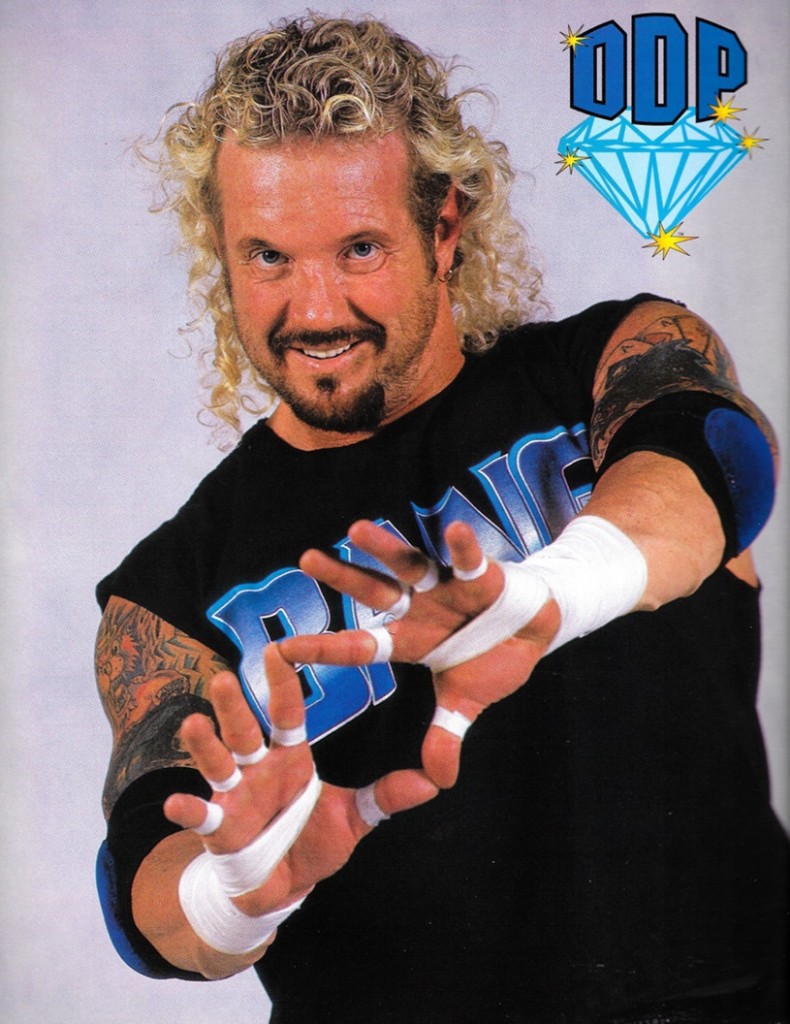
For what it’s worth, I’ve always been a huge fan of the guy. I loved his work dating way back to 1992, when he had some interesting variations on classic wrestling moves (Pancakes over Piledrivers, the original version of the Diamond Cutter which was a modified Running Bulldog) and an easy-to-hate cocky villain gimmick. I think he did a great job taking the confident heel trope and adding some texture to it by being a specific kind of Jersey Shore jerk.
When he rejected The Outsiders attempts to recruit him into the nWo, he evolved from “Jersey Shore jerk” to “cool guy who believes in WCW’s mission”. It was easy to connect with him because he fit well into the mid to late 90s culture that celebrated smooth charismatic heroes not unlike Full House’s Uncle Jesse, Sega’s Sonic, and what would later become WWF’s The Rock. He represented WCW out of passionate loyalty, not obligation to his employer.
As WCW gained traction in television ratings, they took a strategic marketing approach. WWF’s Attitude Era was aimed primarily at teenagers and young adults, placing the bulk of their eggs in that basket and hoping for the best. WCW, on the other hand, took a multifaceted approach and targeted multiple demographics, from the Latino market with their international stars, comic book and video game geeks with the Blood Runs Cold group, young fans with the Cruiserweight division, and long-time wrestling fans with the seemingly endless roster of legendary names at the top: Roddy Piper, Ric Flair, Randy Savage, and of course Hulk Hogan. Needless to say, both approaches had their merits and varying levels of success.
In actively recruiting legendary names, WCW also intentionally targeted an older audience: folks who might have even seen these same wrestlers back in the territory days. Eric Bischoff often cites bringing wrestlers in under their real names, and some youthful characters like Chris Jericho and Konnan were often heels.
Though it might seem odd now, an older audience in the late 90s likely saw DDP’s New Jersey meets Las Vegas “BANG!!” shtick as the epitome of cool, a perfect combination of 1950s cool with 1990s sensibilities. “Self High Five!” could’ve been uttered by The Fonz on Happy Days, but in late 90’s WCW, it was the war cry that preceded a pretty rad “Smells Like Teen Spirit” ripoff: again, throwback cool with contemporary appeal. Plus, it was catchy! How can you not market that?
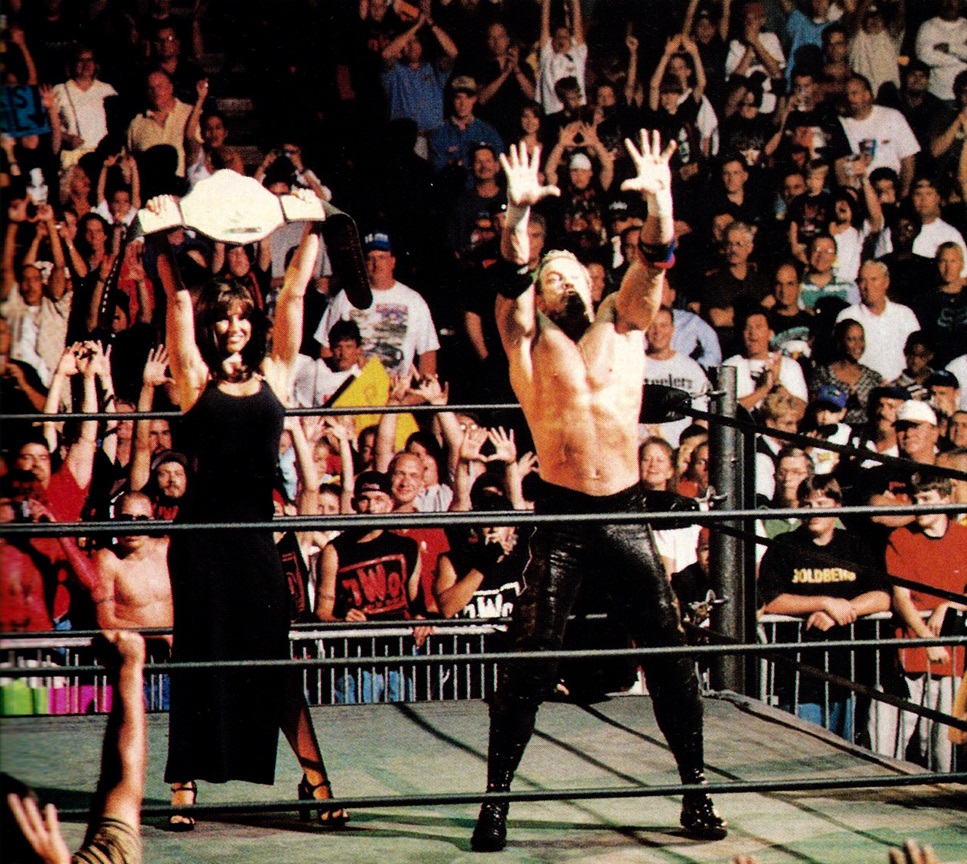
Finally, DDP was a homegrown WCW star, similar to Sting in terms of dedication and tenure in WCW. He wrestled for the company for all but one year of their ten-year existence.
I share all these examples to argue that Diamond Dallas Page should have been (and could have been, if the company survived past 2001), the franchise of WCW, or as many would call it: “the guy”. I’m referring to places on the card occupied by the likes of Hulk Hogan in 1980’s WWF, John Cena in modern day WWE, or Steve Austin in late 1990’s WWF. I feel that everything from the evolution of DDP’s character, his in-ring style, his age, his mic skills, and his finisher resonated with audiences of various demographics, and had the potential to develop an even closer connection to the crowd.
However, others filled that role for WCW instead, and of course, DDP had a massively successful career with multiple United States, Tag Team, and World Heavyweight Championship wins. However, he was often a bit lower on the proverbial totem pole, with wrestlers like Goldberg and Jeff Jarrett elevated to spots that represented WCW globally.
What we got from DDP’s career was good, and was more than most ever expected; Dusty Rhodes famously claimed that DDP couldn’t work a lick and never would. Still, I feel what we could’ve got would’ve been better and wonder how WCW would have turned out with Diamond Dallas Page at the top rather than in the mix.
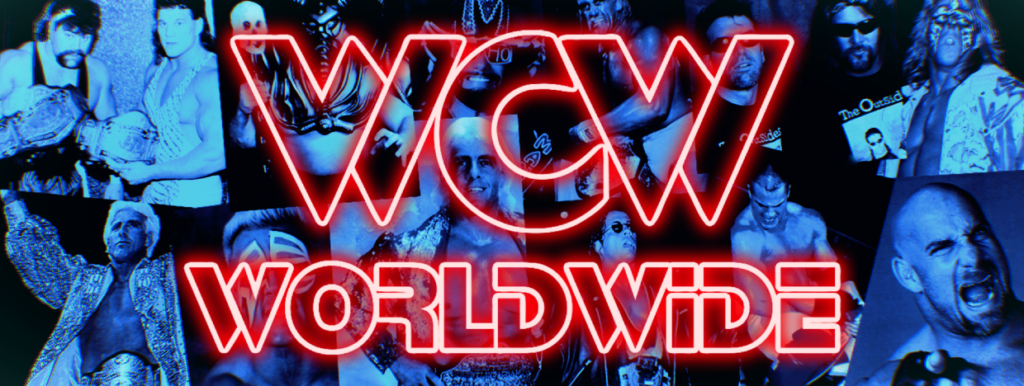
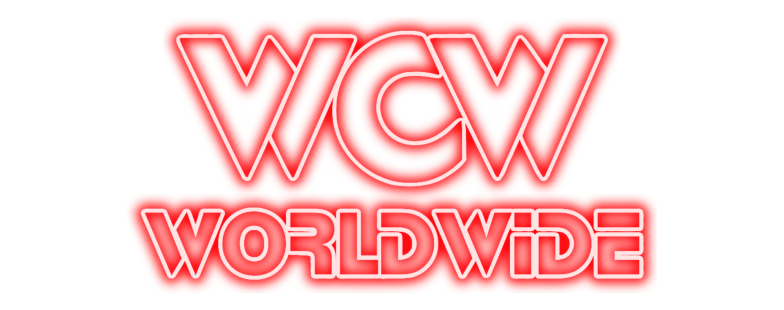
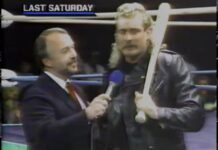
![WCW eBay Find of the Day: JCP + NWA Danger Zone Calendar [1988]](https://wcwworldwide.com/wp-content/uploads/2023/08/dangerzone-banner-218x150.jpg)
![WCW eBay Find of the Day: NWA/WCW ROOS Shoes Catalog [1990]](https://wcwworldwide.com/wp-content/uploads/2023/01/Roos-wcw-banner-02-218x150.jpg)
![Full Magazine Scans: WCW Wrestling Wrap-Up [March 1990]](https://wcwworldwide.com/wp-content/uploads/2020/09/LexLugerBanner-218x150.png)
![Full Magazine Scans: NWA Wrestling Wrap-Up [May 1989]](https://wcwworldwide.com/wp-content/uploads/2020/07/eddie-missy-rick-banner-218x150.png)
![Full Magazine Scans: WCW Magazine (Germany) [November 1994]](https://wcwworldwide.com/wp-content/uploads/2021/05/jeanpaul-banner-218x150.png)
![Full Magazine Scans: WCW Magazine [February 1994]](https://wcwworldwide.com/wp-content/uploads/2021/05/maxxpayne-banner-218x150.png)
![Full Magazine Scans: NJPW Magazine Special #82 [1992]](https://wcwworldwide.com/wp-content/uploads/2020/09/steinersbanner-218x150.png)
![Full Magazine Scans: NWA Wrestling Wrap-Up [February 1990]](https://wcwworldwide.com/wp-content/uploads/2020/04/ZManBanner-218x150.png)
![WCW eBay Find of the Day: 3 Ft Tall Wrestler Cuddle Pillows [1999]](https://wcwworldwide.com/wp-content/uploads/2025/11/doll-banner-218x150.jpg)

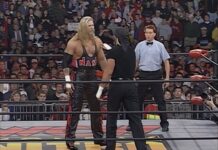
![Full Magazine Scans: WCW Magazine #55 [November 1999]](https://wcwworldwide.com/wp-content/uploads/2023/07/bret-hart-banner-218x150.jpg)
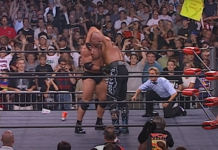
![Complete Collection of Valentine’s Day WCW/nWo Cards! [1998-2000]](https://wcwworldwide.com/wp-content/uploads/2021/02/ValentinesBanner-218x150.jpg)
![This Day in WCW History: WCW Signs Off Forever [2001]](https://wcwworldwide.com/wp-content/uploads/2019/03/wcwworldwidebanner02-218x150.png)
![Full Magazine Scans: DK Readers’ WCW Fit for the Title [2001]](https://wcwworldwide.com/wp-content/uploads/2018/10/Kidman-218x150.png)
![Full Magazine Scans: WCW Magazine #58 [February 2000]](https://wcwworldwide.com/wp-content/uploads/2018/09/VampImage-218x150.png)
![Full Magazine Scans: WCW Australia Tour Program [2000]](https://wcwworldwide.com/wp-content/uploads/2018/09/WCWTourBannerLogo-218x150.png)


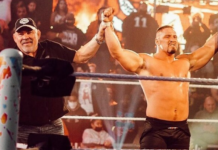
![This Day in WCW History: The Final Episode of ‘WCW Monday Nitro’ Airs [2001]](https://wcwworldwide.com/wp-content/uploads/2017/03/McMahonIsSatanCover-218x150.jpg)
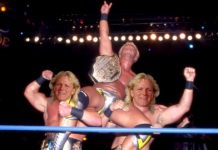

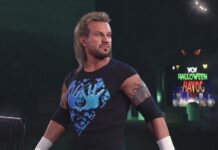
in his early days he rocked the cigar and chewing gum at the same time, gimmick overload
I love the photos from 1992 where he’s got a giant DDP ring along with the pink tights, the necklaces, huge earrings — overwhelming look!
DDP was never boring for sure. The REAL PEOPLE CHAMPION
Does anyone remember when ddp randomly surprised a backstage helper with a diamond cutter? He looked almost like crash holly in dress and height but it was so random I remember howling like a hyena with laughter. Can’t find the episode of wcw. But it was on Saturday afternoon.
Can anyone help?